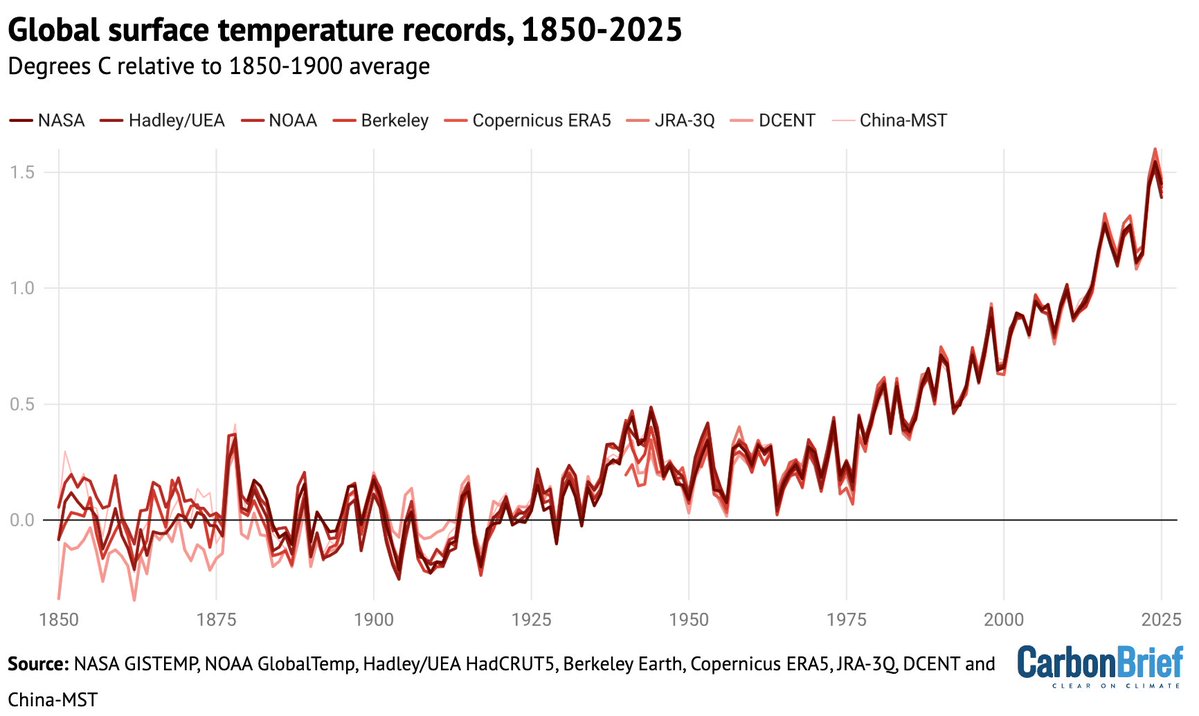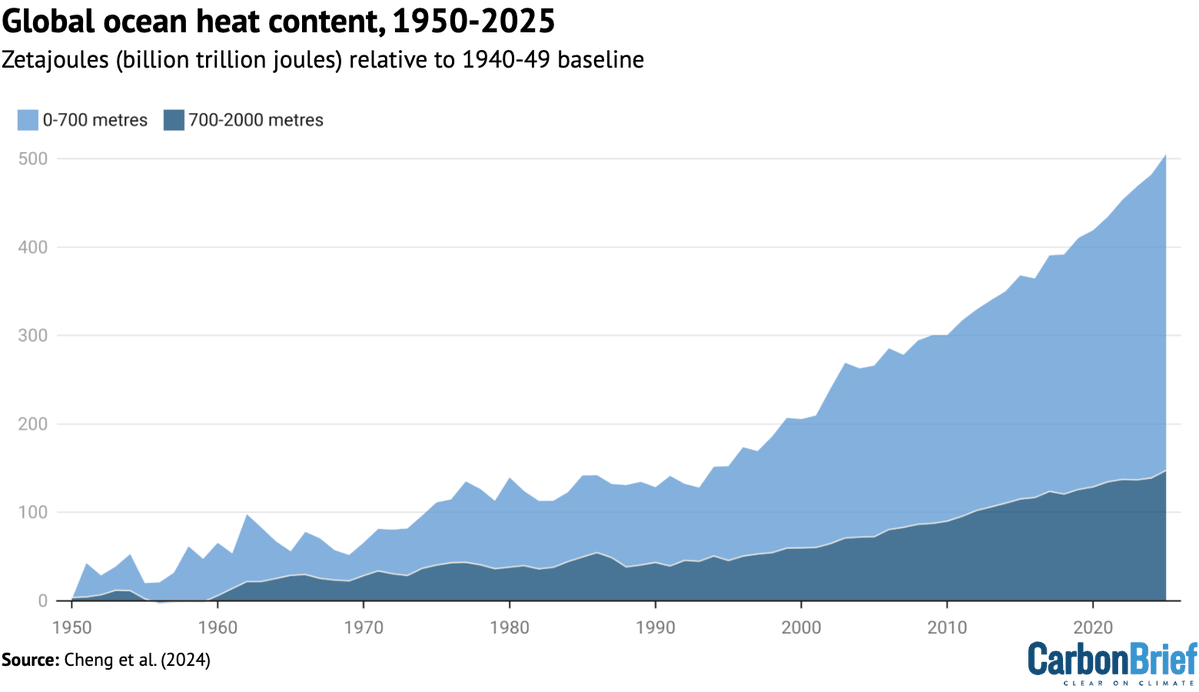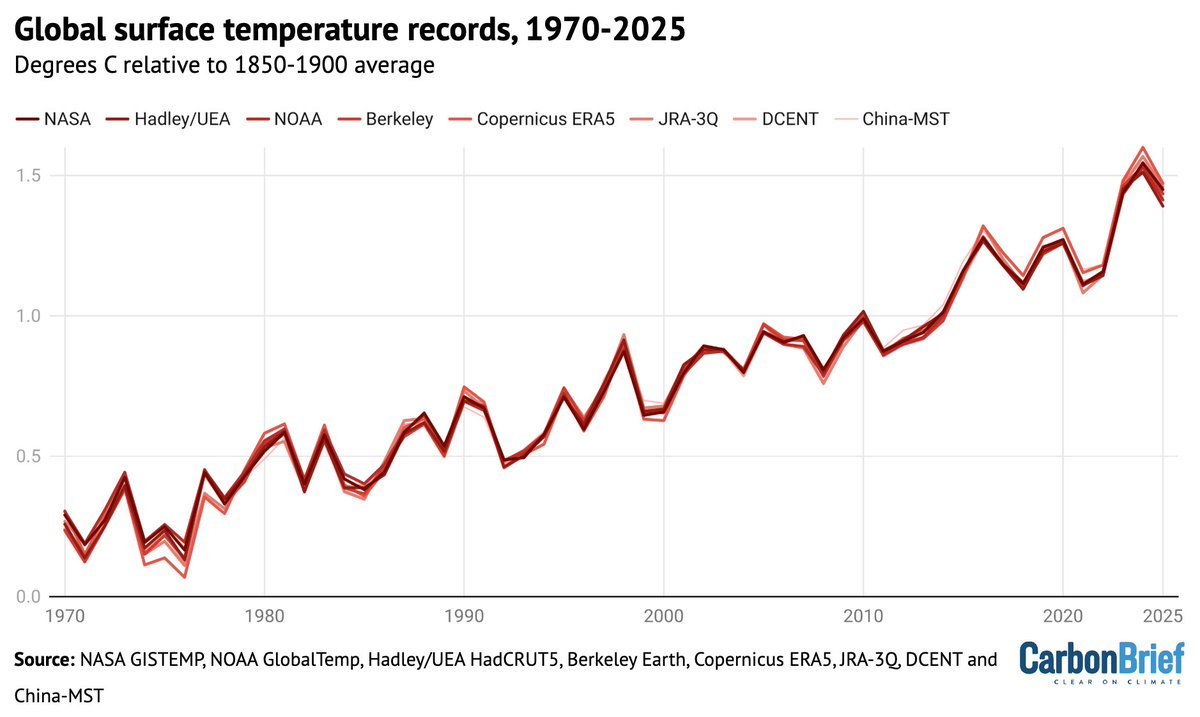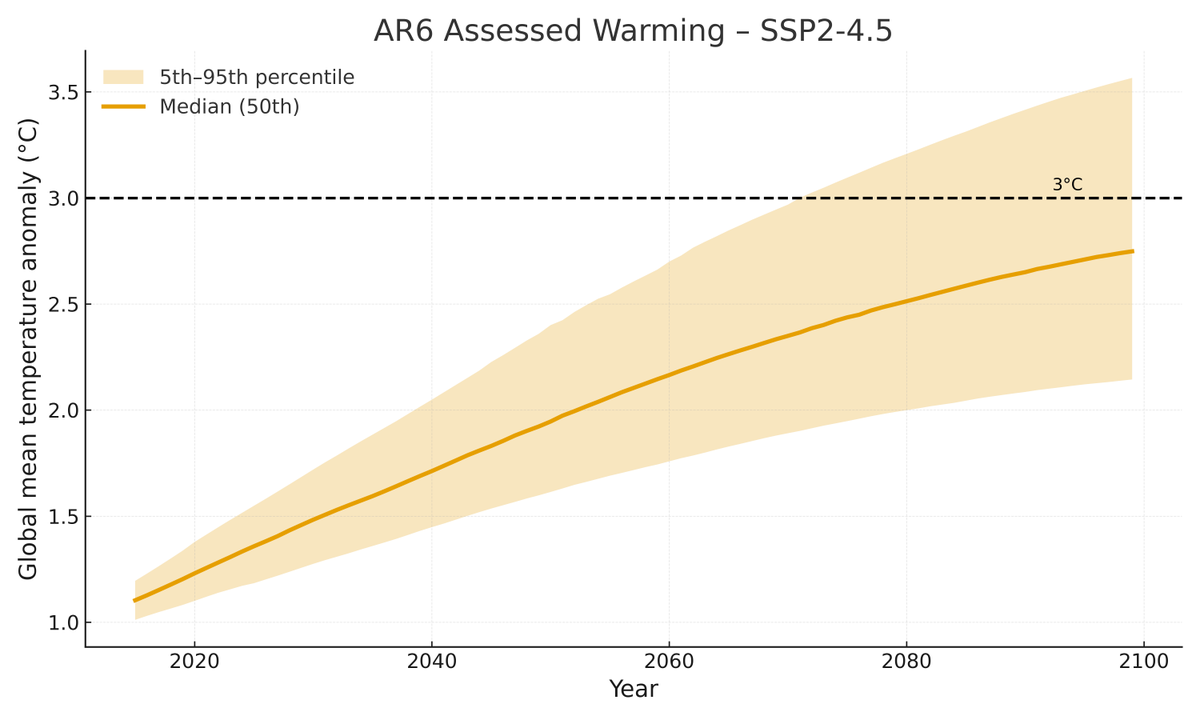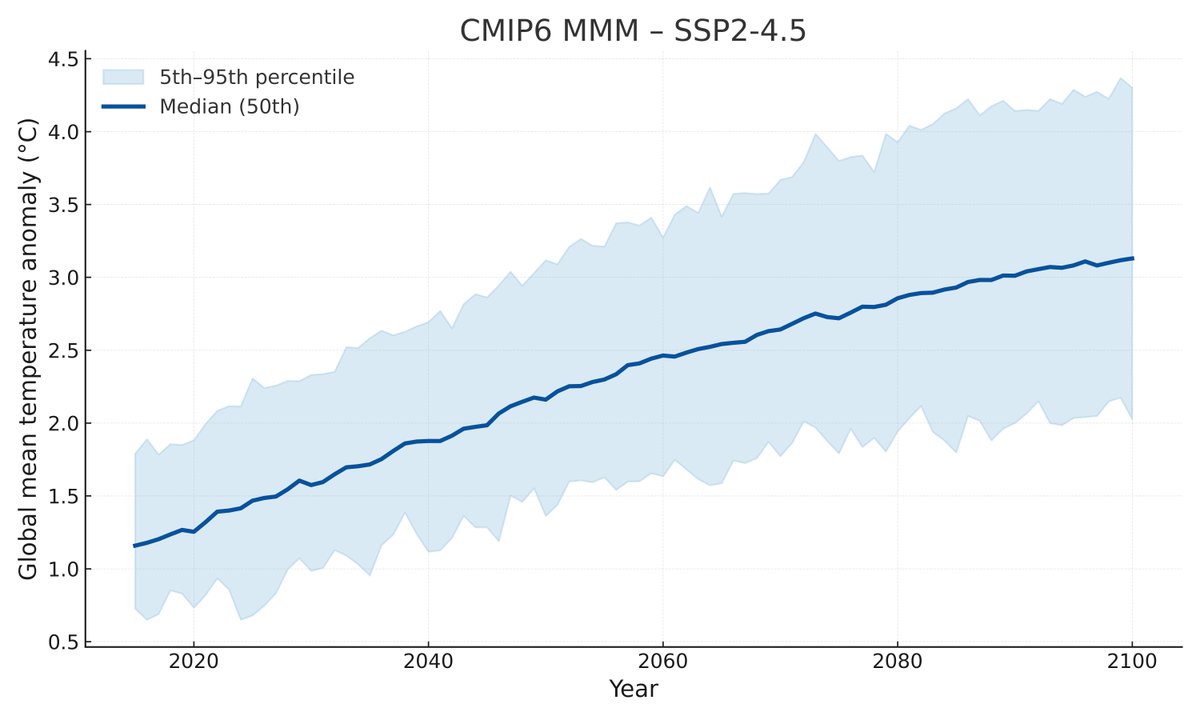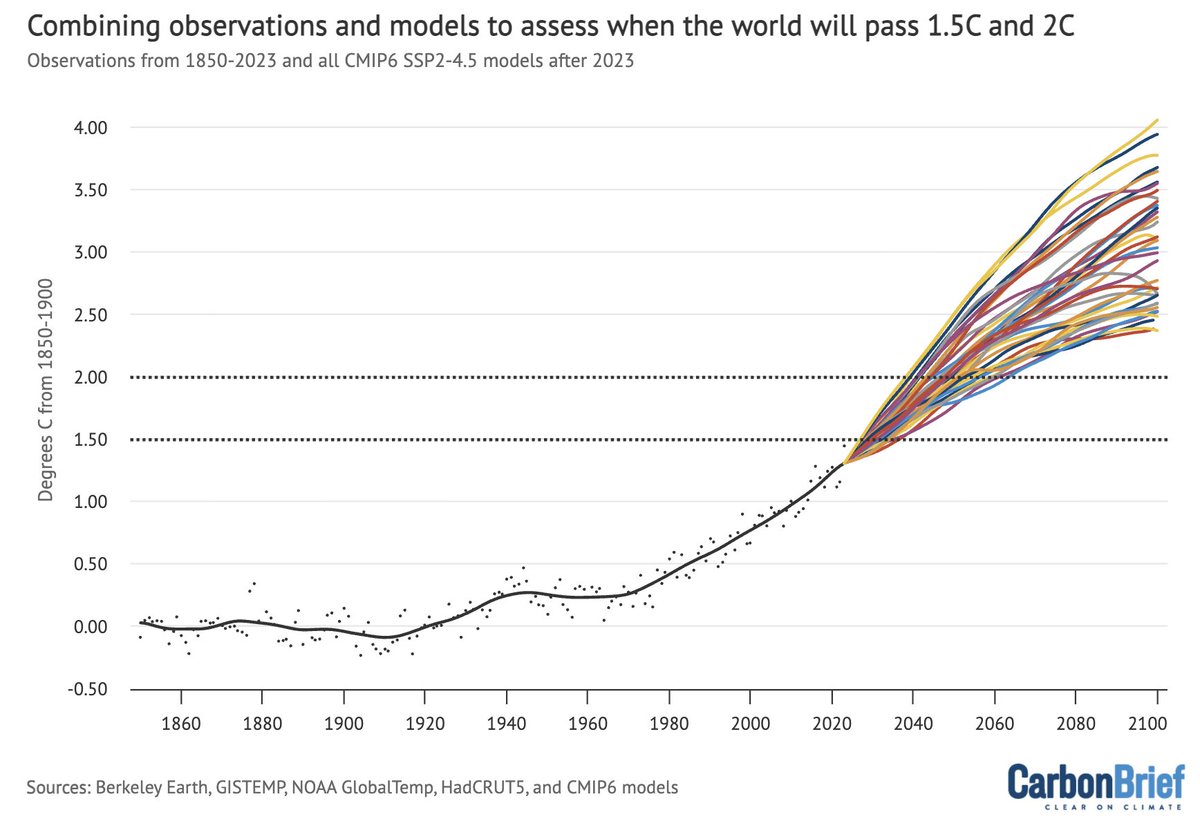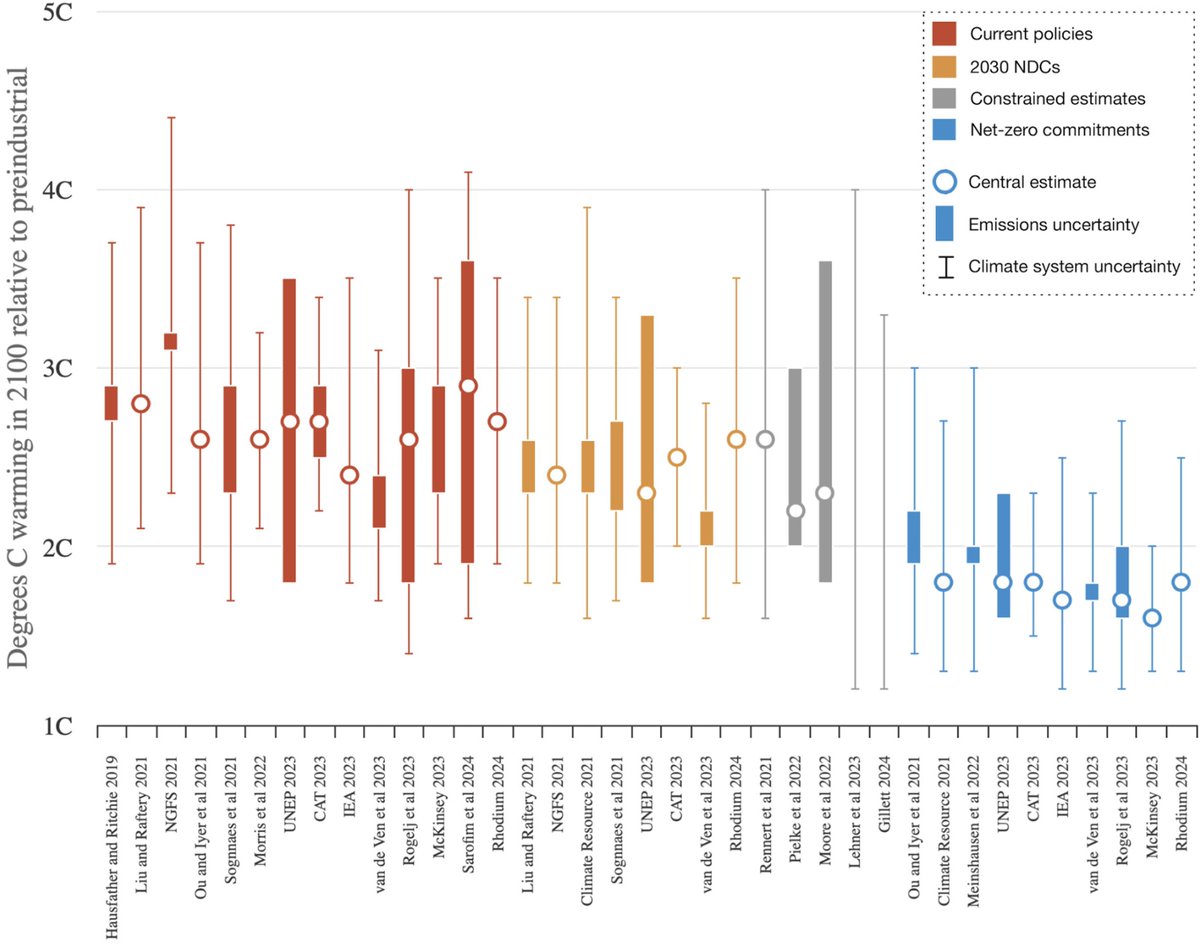This article is deeply problematic for a number of reasons. Wildfire risk increased in western US is due to both climate change and poor forest management, much of which is down to Forest Service aggressively extinguishing fires for nearly a century in forests adapted to burn 1/4
https://twitter.com/afneil/status/1308069248162582529
Similarly, traditional logging activities do relatively little to reduce fire risk, as what regrows is often more flammable than mature forests. Best tools we have – thinning small trees and brush combined with controlled burns – are not econ viable for the timber industry 2/4
Traditional environmentalists are not without blame here; we need to ensure that pre-commercial thinning and controlled burns are not unduly restricted by environmental regulations. But laying our entire history of poor forest management at their feet is extremely misleading. 3/4
For more on climate change and wildfires, see: carbonbrief.org/factcheck-how-… 4/4
Also see this excellent pair of op-eds in the @washingtonpost last week:
washingtonpost.com/outlook/forest…
washingtonpost.com/outlook/wildfi…
washingtonpost.com/outlook/forest…
washingtonpost.com/outlook/wildfi…
• • •
Missing some Tweet in this thread? You can try to
force a refresh


